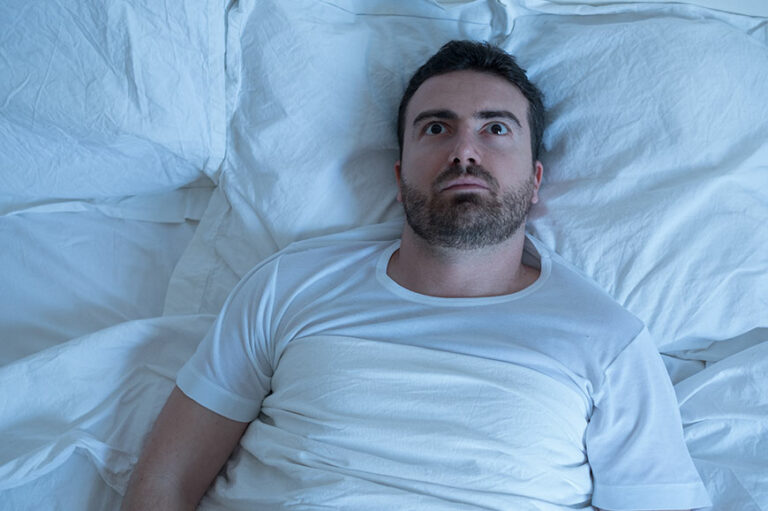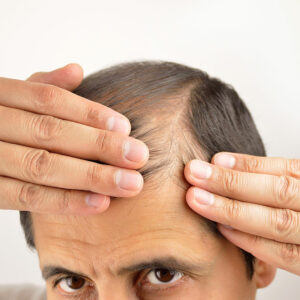
health
5 unusual questions to ask a pulmonologist
A pulmonologist, also known as a lung doctor, helps people optimize their breathing and, as a result, keeps lung disorders away. They are doctors who specialize in treating lung conditions, offering consultation and management options to strengthen the respiratory systems. When visiting a pulmonologist, one can ask many respiration-related questions and discuss breathing-related symptoms. Some queries can seem unusual, but one should seek answers to see if their respiratory system works as it should. Why do I feel tired after climbing the stairs? While some people may find it hard to ask their pulmonologist such a simple question, it is a highly valid one, nevertheless. Respiratory health influences aspects such as stamina and endurance while engaging in any kind of physical activity. So, if one feels perpetually tired and weak, even after performing the simplest tasks, such as climbing a few stairs, then it could be a sign of a health condition. A pulmonologist can answer this question without judging the patient. How do I use the inhaler correctly? This is another basic question many people may feel awkward asking their lung doctor. Inhalers are a commonly-used prescription-based solution. It is a handy tool for people with asthma to restore their breathing and open the airways.
Read More 









